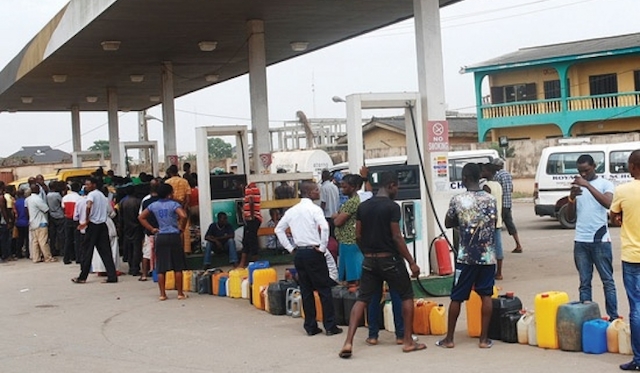FREDRICK NWABUFO FROM OPINION NIGERIA
The past one week has been one of the most momentous in the life of the nation. President Bola Ahmed Tinubu dared the undared, and triumphed. He passed a knotty test of leadership. The first of its kind. Under a haze of threats of strike by labour unions over the abrogation of petrol subsidy, President Tinubu showed peerless leadership, preparation, and attunement. When preparation meets leadership, Tinubu happens.
THE PETROL SUBSIDY BLUES
With mounting national debts, desiccating revenue, haemorrhaging economy, corruption, and shadowy sectoral enterprise, the removal of subsidy on petrol is coming at an auspicious time. It is either we slither down the snaky tunnel to certain economic peril or we buck up, pull together, and confront this bogeyman menacing us for decades.
Tough decisions are expected. President Tinubu affirmed a fait accompli when he said in his inaugural address that petrol subsidy ‘’is gone’’. The Petroleum Industry Act (PIA) 2021 signed by former President Buhari already made the petrol subsidy regime inoperative. Although the effective abolishment of the scheme was delayed until the end of June 2023, there are no funds to finance the deficit.
But the President had been forthright and genuine about his intentions on petrol subsidy. He said during the campaigns that he would not maintain the parlous order, and that he would stop the haemorrhage.
Nigeria had been borrowing to fund petrol subsidy. The Nigerian National Petroleum Company Limited (NNPCL) was spending as much as N400 billion every month to subsidise the petrol price. According to Mele Kyari, NNPCL CEO, Nigeria has racked up $6 billion in petrol subsidy debts. The scheme is projected to have wolved over N11 trillion in eight years. This is clearly not sustainable, not even for any avidly populist government. Without an accurate data of Nigeria’s daily petrol consumption quota, the petrol subsidy regime was nebulous and prone to abuse, and chronic venality. Much of the subsidised product is believed to be smuggled to neighbouring West African countries by profiteers.
The argument for petrol subsidy retention is an emotive one that obviates the filth in the system. Nigeria is a quasi-socialist country, a highly subsidised country. Corruption thrives partly because of the regime of subsidies.
EARNING PUBLIC TRUST
The President once said he had prepared himself, all his life, to lead Nigeria. His artful management of the concomitants and corollaries of the petrol subsidy removal accents this conviction. He has triumphed where many leaders failed. How did he do it?



